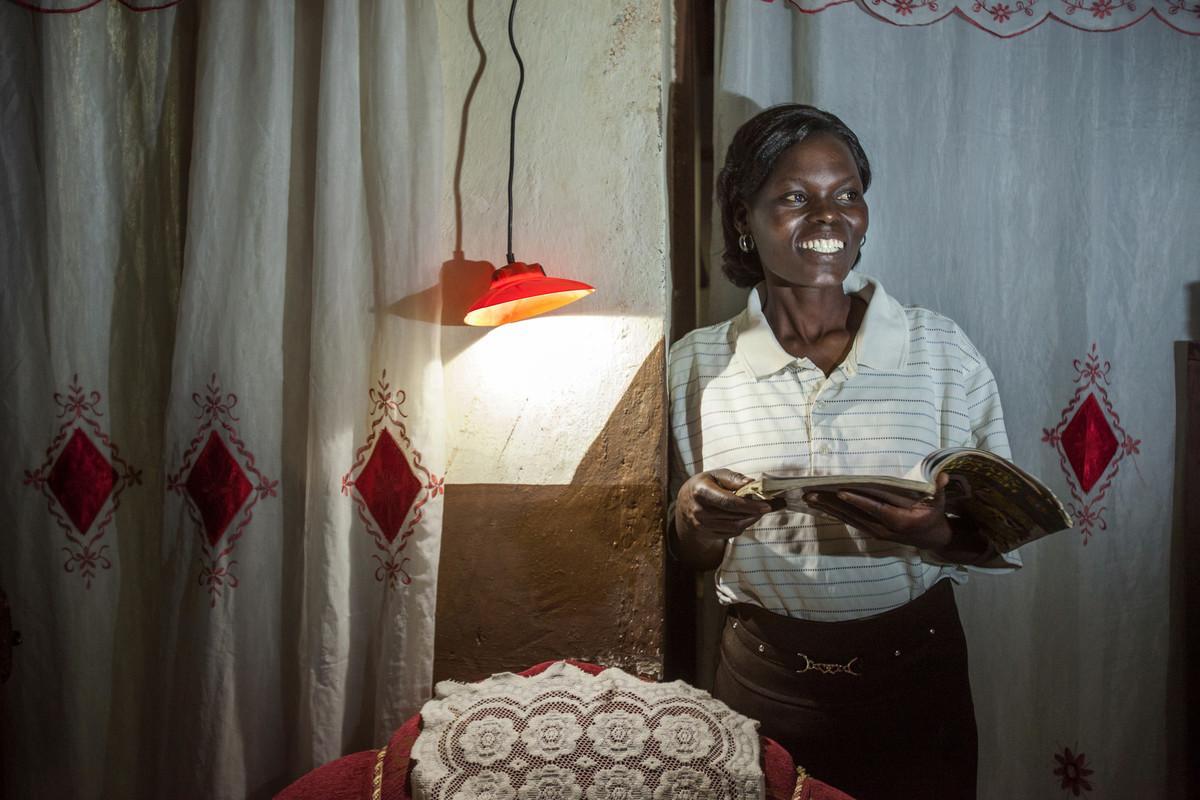Finance in Common Summit: responsAbility, supported by FMO and EIB, Commits to Gender Equality: Climate fund qualifies for the 2X Challenge

During the Finance in Common Summit, responsAbility Investments, a leading Swiss sustainable asset manager, commits to apply a gender lens to its investments through its climate fund. With this commitment, the climate fund, a private debt fund addressing lack of access to clean power primarily in Sub-Saharan Africa and South and South-East Asia, qualifies for the 2X Challenge. The 2X Challenge is a leading initiative deploying and mobilizing capital to empower women and enhance their economic participation in emerging markets.
The fund qualified for the 2X Challenge by meeting the Employment Criteria with at least 50% of its portfolio companies actively improving and providing quality employment for women. The energy sector is one of the least gender diverse sectors with only 32% of the workforce being women (IRENA 2019). Applying a gender lens will help the climate fund ensure that female talent is attracted and retained, and that they can contribute to this growing industry.
responsAbility is supported by FMO, the Dutch entrepreneurial development bank, and the European Investment Bank (EIB). FMO is a member of the 2X Challenge and the EIB has adopted the 2X Challenge Criteria, which aims to advance opportunities for women through enterprise support, leadership, and career progression, quality employment, and products/services that enhance women’s economic participation. The 2X Challenge aims to identify eligible companies directly or through financial intermediaries that are committed to one or more of these areas. It exceeded its target of $3bn in commitments in June 2020.
“We applaud and support responsAbility’s commitment to apply a gender-smart investment lens to its climate fund and to joining the 2X Challenge,” said Jorim Schraven, Director Impact and ESG at FMO, the Dutch development bank. “We see responsAbility’s climate fund setting an example by supporting women’s economic empowerment in the energy sector, and we are looking forward to partnering together to deliver towards the climate action and gender equality SDGs.”
Thomas ÖSTROS, Vice-President of the European Investment Bank (EIB) said: “Supporting gender smart investment is smart economics. It is vital to enhance business productivity and to catalyse economic growth, social cohesion and social justice. As the EU bank, together with our partners, we are committed to ensure that our investment benefit all parts of our communities equally. I am very proud to be supporting responsAbility’s climate fund with FMO, which qualified today for the 2X Challenge.”
Antoine Prédour, Head of Climate Finance at responsAbility commented that, “Success always includes a holistic outlook and I am proud to be part of this initiative. It’s about time that gender equality is being considered a must, no matter the type of investment.”
responsAbility is piloting a gender smart investing framework for its fund to promote the advancement of gender equity and other social and environmental outcomes for the benefit of its businesses. To do so, it receives technical assistance from Power Africa, and advisory services from leading impact and gender advisors Sagana and Catalyst at Large.
Blog: Moving the Gender Equality Needle: A personal Story from the Energy Sector
